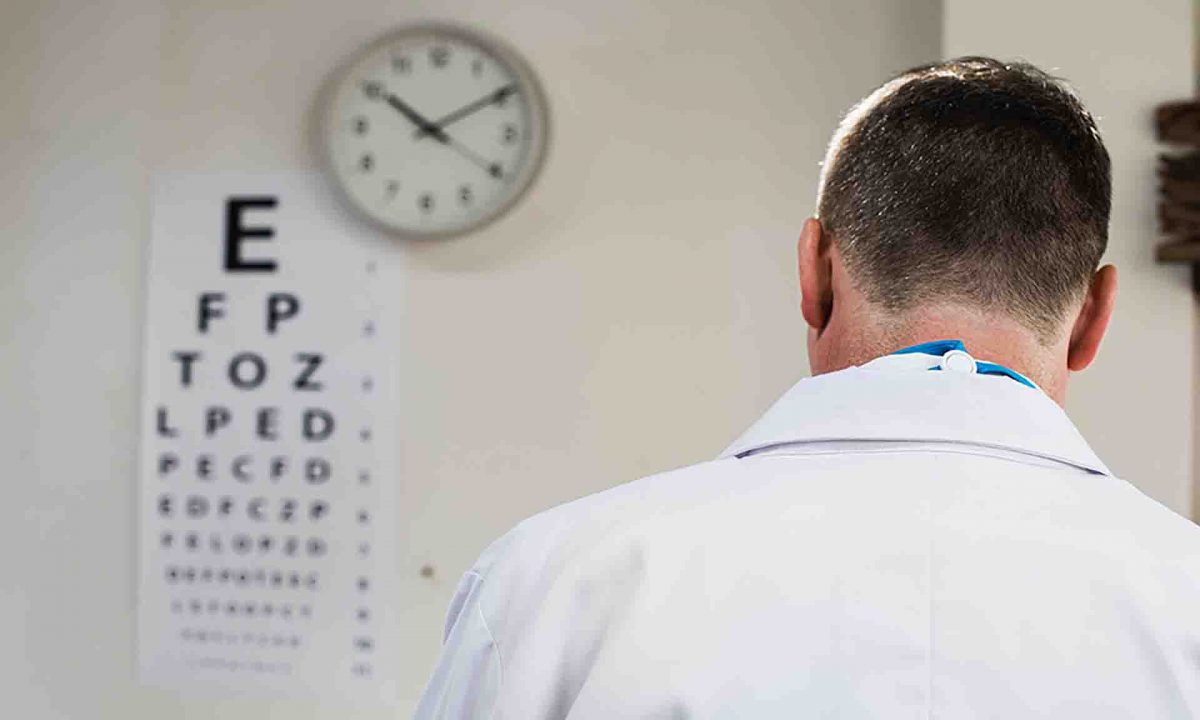
Numerous individuals opt to postpone their eye exams, particularly if they do not notice any massive changes in their vision. Little do they know, routine vision care is much more than updating your prescription and selecting a new pair of fashionable spectacles.
A consultation with your optometrist could be life-changing, not just for your eyesight but your general health as well. Kambiz Silani OD can diagnose, treat, and manage a wide range of vision changes. Here are some common reasons to reach out to an optometrist.
1. Eye Emergencies
Eye emergencies require prompt treatment. Quick action can save your or your beloved one’s vision. An eye emergency could be any of the following: eye pain, swelling, eye injury, chemical splashes, bleeding eye, punctures, rips, or tears.
Most patients who suffer a trauma or injury to their eyes might not know whom to consult first, their optometrist or family physician. However, while a family physician can offer first-aid care, optometrists are better equipped to handle eye-related injuries and trauma.
2. Diagnosing Conjunctivitis
You might recognize conjunctivitis by its more popular name, pink eye. Parents who are teachers might already be familiar with the signs and symptoms of this highly contagious, and dreaded eye condition.
Pink eye has various potential causes. Therefore, self-diagnosing and addressing conjunctivitis without consulting a specialist can inhibit recovery. If you suspect you have pink eyes, your optometrist can offer a guaranteed diagnosis and treatment.
3. Detecting Glaucoma
Glaucoma is a group of eye conditions that gradually address the optic nerve. Left untreated, this common eye condition can result in vision loss. Glaucoma often affects older adults and is one of the leading causes of blindness.
Your optometrist carefully examines for early signs of glaucoma in every eye examination. Regular checkups help your eye doctor identify and manage glaucoma in the early phases, potentially addressing vision loss and preserving your general visual health.
4. Identifying Myopia
Myopia, also known as nearsightedness, is a visual condition that happens once the cornea’s curvature impacts how light reaches the retina. This refractive error makes closer objects look clear, and objects far away look blurry.
While myopia can affect anybody at any age, it is more common in children. Attending routine optometrist visits is crucial for identifying myopia, and guaranteeing they obtain proper care and treatment.
5. Diagnosing Other Health Conditions
Most people assume that eye-related conditions only affect vision. However, untreated eye conditions can put you at risk of other health complications. During your eye check, your optometrist can help identify conditions like heart disease, hypertension, diabetes, and more.
Your optometrist closely examines the blood vessels in the retina during the eye exam. These vessels can often signal the state of the body’s circulation system. Early identification of health issues can lead to swift treatment and potentially life-saving.
Routine appointments with your optometrist are not only about updating prescriptions. These consultations are the path towards healthier vision and overall health. Your optometrist can diagnose issues early on, allowing treatments to have a high potential for success.
Whether you have a sudden eye injury or experience gradual vision loss, do not hesitate to contact your optometrist. Based on your unique concerns, various treatments exist, including prescription eyeglasses and contact lenses, eye drops, medications, and even surgery.





